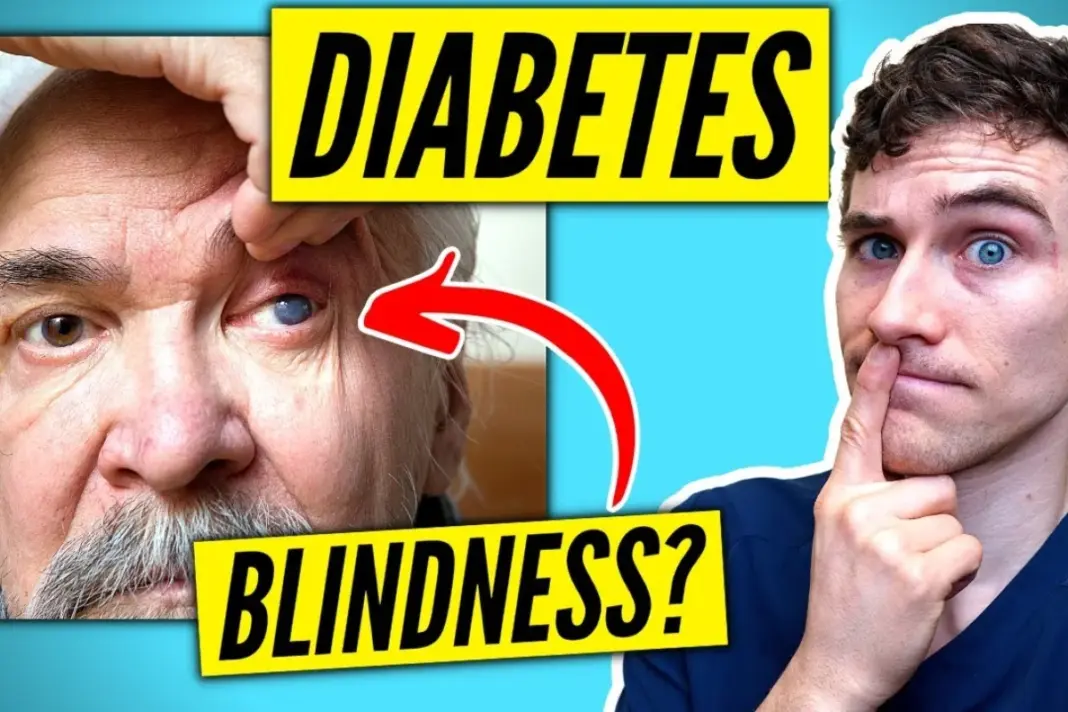A sudden glimpse of darkness, a blur where sharpness once ruled, this quiet story unfolds in countless lives. Often, it begins with subtle shifts dismissed or ignored until the damage becomes undeniable.
The journey toward uncontrolled diabetes blindness can be swift and unforgiving, revealing dangers hidden deep within. What if you could spot these signs early, before your world begins to fade?
Five Warning Signs Pointing Toward Uncontrolled Diabetes Blindness
Uncontrolled diabetes blindness often begins quietly, with vision fluctuating unpredictably. Ritika Sachdev, director of Centre For Sight, points out five crucial warning signs of diabetic retinopathy that should never be ignored:
- Focus and power shift frequently; what once was clear becomes unstable.
- Images on the screen appear crooked or distorted due to swelling in the retina, known as macular edema.
- Sudden black spots or floaters signal bleeding inside the eyes, a serious warning.
- A large black shadow suddenly appears, or part of the vision disappears, indicating retinal detachment.
- Rapidly worsening cataracts cause blurred vision and increased eye pressure; glaucoma may also develop suddenly.
These five warning signs of diabetic eye disease are clear signals that uncontrolled diabetes blindness is progressing, and urgent care is needed.
DON'T MISS
Everyday Habits Quietly Making Diabetic Eye Damage Worse
Many with diabetes unknowingly worsen their risk of diabetic retinopathy through daily habits. Missing regular eye exams allows silent damage to progress undetected. Poor glucose control directly harms delicate blood vessels in the retina. Smoking and an unhealthy diet add further stress to eye health.
Skipping medications for blood pressure and cholesterol also speeds vision loss. These common lifestyle choices quietly deepen the damage from diabetic eye disease. Awareness and change are key to stopping uncontrolled diabetes blindness before it’s too late.
Simple Actions Today to Protect Your Eyesight Tomorrow
Protecting your vision from diabetic retinopathy requires consistent, focused effort. Strict glucose monitoring helps maintain stable blood sugar, reducing retinal harm. Annual retinal screenings catch warning signs early, before blindness sets in. Eating healthy foods and exercising regularly support blood vessel health and overall well-being.
Most importantly, seek immediate medical care if you notice sudden vision changes. These simple yet effective steps can slow or prevent diabetic eye disease, safeguarding your eyesight for the future.
Uncontrolled diabetes blindness is preventable with timely action. Recognizing warning signs and adopting protective habits can save your vision from diabetic retinopathy.
Disclaimer: This content, including advice, provides general information only. It is not a substitute for a qualified medical opinion in any way. The methods and claims mentioned in this article should be considered as suggestions only; DNP India neither confirms nor denies them. Always consult a doctor before following any such suggestions/treatments/medications/diets.



